A DICTIONARY OF
LINGUISTICS
Published by Rowman & Littlefield Publishers, Inc.
4501 Forbes Boulevard, Suite 200, Lanham, Maryland 20706
www.rowman.com
10 Thornbury Road, Plymouth PL6 7PP, United Kingdom
Originally published by Philosophical Library
Copyright 1954 by PHILOSOPHICAL LIBRARY, INC.
First Rowman & Littlefield paperback edition 2014
All rights reserved. No part of this book may be reproduced in any form or by any electronic or mechanical means, including information storage and retrieval systems, without written permission from the publisher, except by a reviewer who may quote passages in a review.
British Library Cataloguing in Publication Information Available
Library of Congress Cataloging-in-Publication Data Available
ISBN: 978-1-4422-3404-8 (pbk. : alk paper)
ISBN: 978-1-4422-3405-5 (electronic)
 The paper used in this publication meets the minimum requirements of American National Standard for Information SciencesPermanence of Paper for Printed Library Materials, ANSI/NISO Z39.48-1992.
The paper used in this publication meets the minimum requirements of American National Standard for Information SciencesPermanence of Paper for Printed Library Materials, ANSI/NISO Z39.48-1992.
Printed in the United States of America
Preface
Grammatical terminology, based upon the prescriptive principles of Classical grammarians and the well-defined structure of the Indo-European languages, has been traditional since the days of ancient Greece.
The largely historical linguistic discipline evolved in the course of the 19th century led to the creation of a considerable body of terms used to describe changes of a diachronic nature.
It remained for the 20th century, with its emphasis upon synchronic, descriptive and structural linguistics, to evolve another, abundant terminology which is, even at the present moment, in a state of flux, with new terms being created and existing terms being either discarded or redefined and reinterpreted.
There is obvious need for a work of reference that will present, with simplified definitions, at least the more commonly used and accessible terms in vogue among those who devote themselves to linguistic pursuits.
Accordingly, the editors have endeavored to compile a dictionary that will include:
a) the general run of traditional grammatical terms, even though they already appear in standard dictionaries and works of reference;
b) the more frequently used terminology of the field of historical linguistics, as it is used in the manuals of the last century and a half;
c) that portion of the terminology of modern descriptive linguistics concerning which there is some measure of agreement among its users;
d) the names, affiliations, and very brief descriptions of the major languages and dialects of the world, both past and present.
This work makes no pretense whatsoever of being either definitive or exhaustive. The field of linguistic terminology changes from day to day, and new terms are continually being coined and introduced. The definitions themselves are far from exhaustive, since the ramifications of many terms would call for treatment in an encyclopedia rather than a dictionary of linguistics. It is expected that numerous revisions will be in order from time to time; therefore the editors earnestly request that reviewers and users of this volume will call to their attention omissions and inaccuracies, and voice suggestions for desiderata and addenda.
At the same time, it is expected that this work will serve a very useful practical purpose. Being, for the present, the only one of its kind in the English language, it will be a handy work of reference for students and workers in the allied fields of grammar and language study, philology and historical linguistics, phonetics, phonemics and structural linguistics. Here, for the first time, gathered in one handy volume, will be found definitions of terms which have heretofore appeared in scattered books and in the pages of many different linguistic periodicals.
The teacher of modem or Classical languages who has been puzzled by the use of certain terms occasionally appearing in the writings of the specialists will find here at least a partial interpretation of those terms. The philologist whose terminology was derived mainly from Leskien, Brugmann, Hirt, Meillet and Meyer-Liibke will be able to trace some of the usages of his descriptive colleagues, while the latter, who in their enthusiasm for a newly developed field have largely neglected the older works, will be able to refresh their memories. All will be aided by finding in a single volume brief scientific descriptions of little-known languages whose names keep appearing in the literature of the linguistic field.
The editors wish to express their heartfelt appreciation to all those who have aided them in their work, and in particular to Professor Urban T. Holmes, Jr., of the University of North Carolina, who went over the entire manuscript in proof and offered many valuable comments and suggestions, and to Dr. Eugene Dorfman of the Department of General and Comparative Linguistics of Columbia University, who contributed the major portion of the entries dealing with the recent terminological innovations of the descriptive-structuralist school of linguistics.
References
(Unless otherwise indicated, when the names of the following authors are mentioned in the Dictionary, they constitute references, respectively, to books listed below.)
Bally, Ch.: Linguistique Gnrale et Linguistique Franaise. (A. Francke, S. A., Berne, 1950.)
Bloomfield, L.: Language. (Henry Holt & Co., New York, 1933.)
Bodmer, F. and Hogben, L. (ed.): The Loom of Language. (W. W. Norton & Co., Inc., New York, 1944.)
Diringer, D.: The AlphabetA Key to the History of Mankind. (Philosophical Library, New York, 1948.)
Gelb, I. J.: A Study of Writing. (University of Chicago Press, Chicago, 1952.)
Graff, W. L.: Language and Languages. (D. Appleton & Co., New York and London, 1932.)
Gray, L. H.: Foundations of Language. (The Macmillan Co., New York, second printing, 1950.)
Harris, Z. S.: Methods in Structural Linguistics. (University of Chicago Press, Chicago, 1951.)
Jespersen, O.: Language, Its Nature and Development. (George Allen & Unwin, Ltd., London, 9th impression, 1950.)
Marouzeau, J.: Lexique de la Terminologie LinguistiqueFranais, Allemand, Anglais, Italien. (Librairie Orientaliste Paul Geuthner, Paris, 1951.)
Meillet, A.: Les Dialectes Indo-europ ens. (Librairie Ancienne Edouard Champion, Paris, 1950.)
Pei, M. A.: The Worlds Chief Languages. (S. F. Vanni, New York, 1946.)
de Saussure, F.: Cours de Linguistique Gnrale. (Payot, Paris, 1949.)
Swans: Swans Anglo-American Dictionary (Scott, G. R., ed.). (Library Publishers, New York, 1952.)
Sweet, H.: A New English Grammar. (The Clarendon Press, Oxford, 1900.)
Weseen, M. H.: Cowells Dictionary of English Grammar and Handbook of American Usage. (Thomas Y. Crowell Co., New York, 1928.)
A DICTIONARY OF
LINGUISTICS
A
Abakan: An Asiatic language; a member of the Eastern Turkic group of the Altaic sub-family of the Ural-Altaic family of languages.
abbreviation: (1) A short written symbol for a full word or expression (etc. for et cetera; e.g. for exempli gratia, meaning for example).(2) A synonym for shortening (q.v.).
aberrant: Deviating from the normal or average.


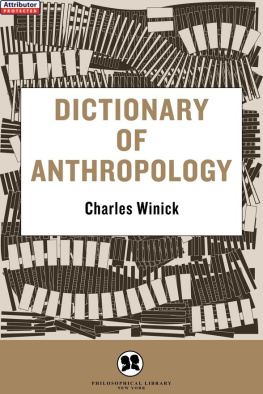
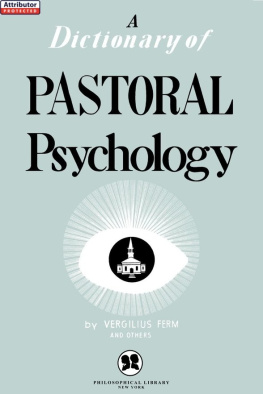
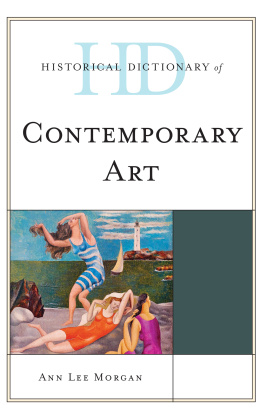
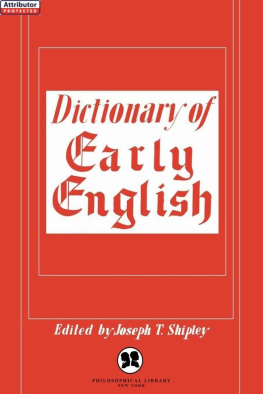
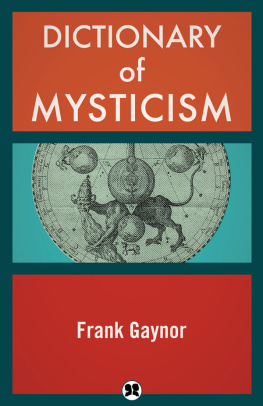
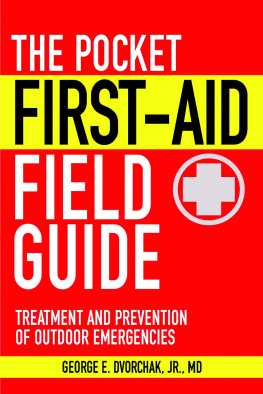
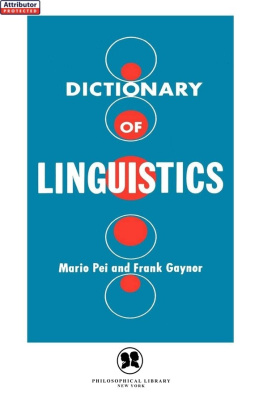

 The paper used in this publication meets the minimum requirements of American National Standard for Information SciencesPermanence of Paper for Printed Library Materials, ANSI/NISO Z39.48-1992.
The paper used in this publication meets the minimum requirements of American National Standard for Information SciencesPermanence of Paper for Printed Library Materials, ANSI/NISO Z39.48-1992.